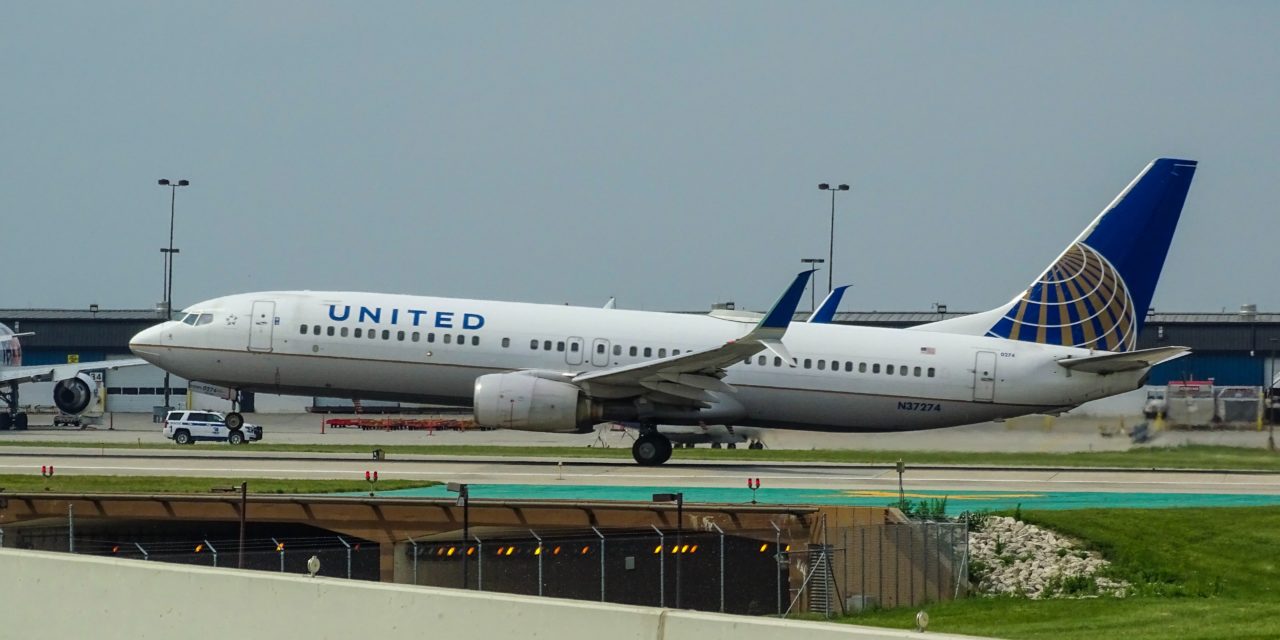Developing and maintaining long term customer loyalty is a tough job, especially when you run a business that’s of any substantial size. Over the last half a decade, I’ve avoided flying United airlines at every opportunity possible. After multiple negative experiences, I finally decided in 2014 that I’ll avoid flying them at every cost. Given the various changes that United keeps making and after a few horrible incidents in flight, I’ve sadly been proven right.
Domestic US Airlines
Unlike other travel choices, we’re restricted when it comes to airline choices. A lot of it is dictated by whether you live at a hub airport. If you live in Atlanta, there’s a strong probability that Delta will be the most viable option for you. You will have other choices, but they will be either too inconvenient or too expensive.
Loyalty Programs or Spending Programs?
In an ideal world, airline loyalty programs should reward customers for flying on planes and spending time on board. However, United’s latest changes alter the meaning completely. In short, United defines a loyal customer not as one who flies the most often, but who pays them the most amount of money.
Service Quality
Delta also got rid of award charts, resulting in some absurd award pricing. However, Delta has always impressed me with their superior service quality, cabin ambience, seat comfort and on-time performance. When things have gone wrong, they’ve been proactive in their response.
In contrast, I’m not impressed by United’s service. Their in-flight wi-fi hardly works. When Delta isn’t the cheapest or fastest option for me, I’m looking for flights on Alaska or Southwest. My in-flight experience with Alaska and Southwest has always been better than what I’ve experienced on United or American.
United MileagePlus dynamic pricing
When you’re looking to redeem United miles, United will price the award flight as a function of the ticket price. This variable pricing means that you can earn a set number of miles for a flight with United. However, ‘dynamic pricing’ will determine how many you’ll need to pay in order to redeem. United will have full control over the pricing as it sees fit.
Co-branded Cards
A few weeks back, I wrote about how Chase is tightening the screws on getting sign-up bonuses. Chase has now extended the 5/24 rule pretty much across the board. They’ve bumped up spending requirements to attain sign-up bonuses. When I initially got the MileagePlus card many moons ago, it had a sign up bonus of 75,000 United Miles after you spend $3,000 in 3 months.
Currently, the business version of the United MileagePlus Explorer card is offering a 100,000 mile bonus. However, you’ll need to spend a total of $25,000 in 6 months! In short, it’s now a lot more difficult and costlier to earn United miles, especially through co-brand sign-up bonuses. On the other hand, United has made redemption prices arbitrary, thanks to ‘dynamic pricing’.
Better Options
I’m done chasing airline elite status with US based loyalty programs. I now bank most of my miles to flexible points currencies with Amex and Chase.
I got the Amex Platinum card when it offered the 100,000 points bonus. Similarly, the Chase Ink Preferred still has a 80,000 Ultimate Rewards points bonus. Why chase co-branded airline cards when you can get better returns on flexible points programs?
Adding Complexity
In a previous post, I wrote about how businesses use quirky terms and euphemisms in order to trick you into believing something. The more the complexity, the less you’ll pay attention. As if it wasn’t difficult enough, we now have PQPs and PQFs. United is also removing the spending waiver on their co-branded credit cards. Say goodbye to earning top tier status by actually spending money on your credit card!
Personal Experience
Most readers would probably already know that I’m not a big fan of United. I’ve given them many chances and my share of business. United has disappointed me on many fronts, primarily with the service of their flight attendants, irrespective of the cabin class that I’ve flown. Their internet almost never works. When things go wrong, customer service is average at best.
In comparison, I find Delta to be a breath of fresh air. The employees and flight attendants actually seem to like their job and often pass that good attitude to traveling passengers. Their on-time performance and the quality of onboard wi-fi is significantly more consistent compared to United’s. When Delta is not the best option available, I fly Alaska Airlines or Southwest.
The Pundit’s Mantra
If you take a closer look at the major US based domestic airlines, the free market doesn’t really operate the way it should. It’s primarily because the industry depends on the hub and spoke system. The current state of the US airline industry is more like an oligopoly.
I’m sure that the sagacious folks running United are taking decisions in the interest of their shareholders, employees and customers. I’m unsure what the pecking order is when it comes to prioritizing decisions for these aforementioned groups. Obviously, they have every right to make these changes, but I’ll keep calling them out as they continue to remove loyalty out of their loyalty program.
For most of us, money is a finite commodity. If you’re not a hub captive, then it’s time you take a closer look at airline loyalty. Ask yourself this question. Is the airline doing enough to earn your loyalty? Are your co-branded airline credit cards really offering you enough value?
What do you think about United’s recent moves? Are you a hub captive? If not, do you plan to jump ship? Let us know in the comments section.
Never miss out on the best miles/points deals. Like us on Facebook, follow us on Instagram and Twitter to keep getting the latest content!





Couldn’t agree more…..With the last 2 devaluations, I cleared my United balance two weeks ago and have been booking SWA. If you want a rebate program, SWA is so much more straightforward. For overseas travel, I buy business directly on the European or Asian carriers…even thought I’d get 1K with the price of those tickets. I’d start the wagering now on when United next changes the program.
I cleared my United balance many years ago. I agree with you about Southwest, their program is pretty easy to decipher.